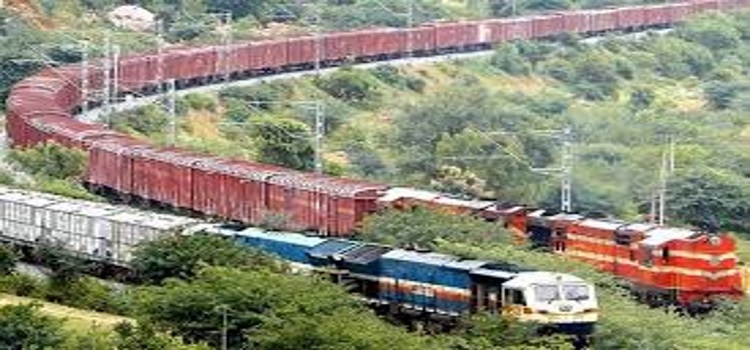
With demand for wagons set to surge, the cash-strapped Indian Railways has prepared a policy blueprint allowing private investments in general-purpose goods carriages. The idea is that key users of the rail network — including the upcoming dedicated freight corridors (DFCs) — like coal and cement companies will invest in and own the wagons.
The transporter will either offer discounts on freight to these bulk consumers or pay lease rentals to them. Currently, general purpose vehicles are leased in by the railways from its arm, Indian Railway Finance Corporation (IRFC), which gets rentals.
Although an estimate of the potential investments by the consumer-industries is yet to be made, it could run into tens of thousands of crores. Currently, the railways has a 2.5-lakh wagon fleet; it is unable to meet the increased demand for these carriages due to paucity of funds. As against the initial target of acquiring 12,000 wagons in 2017-18, it is set to add just 7,120 (revised estimate) wagons in the year. The target for 2018-19 is kept at 12,000.
A 22.9-tonne axle load wagon costs around Rs 20-21 lakh, compared with Rs 25 lakh for a 25-tonne axle load wagon. There are two categories of general purpose vehicles — open and covered — that are used for multi-commodity transportation. Private investors will be allowed in both categories. Private investments are already permitted in special types of wagons such as car carriers, container carriers, and chemicals and cement ash carriers, among others. The railways in return compensates investors through a rebate on freight. However, coal, iron ore and minerals carried in open wagons and bagged consignments such as foodgrains and fertilisers carried in closed wagons are leased to Indian Railways by IRFC.
The railways has budgeted to invest around Rs 31,882 crore on rolling stock, which includes diesel and electric locomotives, passenger coaches and wagons, in 2018-19. It had revised upwards the estimate for 2017-18 from Rs 25,194 crore to Rs 29,567 crore. According to another source, the railways wants to have the general purpose wagon policy in place before the DFCs start operating as the requirement of wagons will shoot up given that longer wagons of 25-tonne axle load capacity will be required. The first section of the DFC — western — will be operational by the end of this year.
The DK Mittal committee which had submitted report in 2014 suggested public-private partnership (PPP) investments in core operational areas of the railways. All wagons could be owned by the private sector, it said, adding that passenger trains could be either fully owned by private players or taken on lease basis from the transporter. It also advocated that the railways should cease to make direct investments in wagons, locomotives and passenger trains and let the private sector fund the rolling stock
